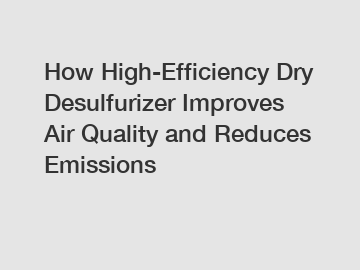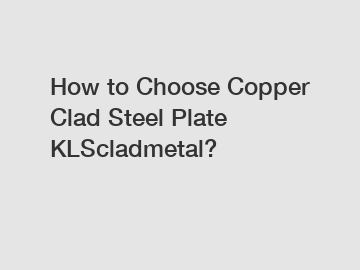What Are the Different Types of Inconel?
What Are the Different Types of Inconel?
There is a huge array of Inconel-type alloys (not including Incoloy® and Hastelloy®). The different types are listed below:
1. Inconel 600
This is the original alloy. It is heat- and corrosion-resistant, noted for elevated temperature corrosion/oxidation resistance, good hot and cold processing characteristics, good low-temperature strength, and both hot/cold fatigue properties. It offers high strength under 650 °C, and it’s suitable for chemical-plant components.
2. Inconel 601
This alloy has excellent oxidation resistance at elevated temperatures and high resistance to carburization. It is good for high-temperature organic-chemical plants. It resists oxidation from sulfur atmospheres and has good mechanical properties at room temperature and high temperature. It also has great stress corrosion crack resistance because of the low carbon content and fine grain structure. It has particularly good creep strength at elevated temperatures (above 500 °C, at which other alloys can fail). 601GC is the grain-controlled version of the alloy, offering some enhancement of properties over 601.
3. Inconel 625
This alloy offers better corrosion resistance than 600 and 601. It has better performance in retaining strength and resisting creep from low temperatures up to a maximum service temperature of 980 °C
4. Inconel 718
This alloy is suited to precipitation hardening. It offers good strength and toughness up to 650 °C and good general corrosion/oxidation resistance at all service temperatures. It is formulated for solution treatment or precipitation hardening.
Further reading:Key Differences Between Slurry and Sludge
Hurricane Window Screens vs Perforated Gutter Guards: A Detailed Comparison
How Do You Stack Disc Springs?
5. Inconel X-750
Exploring the Use of Mica Powder for Building Projects
How Much Weight Can a Heavy Duty Zip Tie Hold?
Top Trends in Mullite Sand for the Ceramic Industry Exporter 2024
Top Exporters of Mullite Sand for Ceramics
This alloy offers elevated corrosion resistance and oxidation resistance, as well as good strength below 980 °C. In addition, Inconel X-750 has good low-temperature performance and molding performance. It is mainly used for aerospace and industrial gas turbine components.
6. Inconel 690
This alloy offers greater resistance to chloride corrosion (e.g., salt water), high temperature/pressure water stress corrosion, strong oxidation environments, and fluorinated atmosphere attack. It is mainly applied in nitric acid environments, steam generators, and nuclear waste treatment plants.
7. Inconel 792
This alloy has an elevated aluminum content which improves the high-temperature corrosion resistance. It is best suited to gas turbine blades and combustion chamber parts for chemical rockets.
How to Succeed in High Purity Silica Export?
Key Questions to Ask When Choosing High Purity Silica Suppliers
Copper-Steel Clad Plate vs. Pure Copper: Which Wins?
What to Know About High Purity Silica Powder Bulk
How to Choose Duplex Stainless Steel Clad Plate?
What factors influence silica powder purchasing decisions?
Is Copper Clad Steel the Key to Enhanced Electrical Performance?









